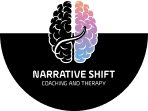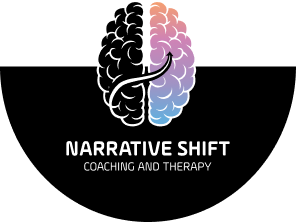What Are Executive Function Skills and Why Do They Matter?
The Narrative:
Have you ever found yourself staring at your to-do list, knowing what needs to be done but feeling completely unable to start? Or perhaps you’ve experienced the frustration of missing deadlines despite your best intentions, or struggled to organize your thoughts during important conversations. For many people—especially those with neurodivergent minds—these challenges aren’t about laziness or lack of motivation. They reflect differences in executive function, the brain’s set of management tools.
Traditional approaches often frame these struggles as personal failings or character flaws. “Just try harder,” “be more organized,” or “pay attention” become mantras that not only miss the mark but add layers of shame and self-doubt.
The Shift:
Executive function challenges aren’t personality flaws—they’re neurological differences in how our brains process, organize, and execute information. By understanding these differences and developing strategies that work with our unique brain wiring rather than against it, we can transform daily struggles into manageable systems that support our goals and well-being.
Understanding the Brain’s Command Center
Think of executive functions as your brain’s management team. This team is responsible for planning projects, allocating resources, keeping track of details, and ensuring that work flows smoothly from start to finish. When this management team operates differently—as it does in neurodivergent brains—daily tasks can become significantly more challenging.
Executive function encompasses several key skills:
Planning and Organization:
-
- The ability to create systems, structure information, and develop pathways to reach goals. This includes breaking large tasks into manageable steps and establishing priorities.
Time Management:
-
- More than just watching the clock, this involves the brain’s internal sense of time—understanding how long tasks will take, knowing when to start and stop activities, and allocating appropriate time for different responsibilities.
Working Memory:
-
- The mental workspace that holds and manipulates information while you’re using it. This allows you to follow multi-step instructions, remember what you were doing after an interruption, or hold a conversation while taking notes.
Task Initiation and Completion:
-
- The ability to begin tasks without excessive delay and carry them through to completion, even when motivation fluctuates or distractions arise.
Emotional Regulation:
-
- Managing feelings in ways that support rather than hinder effective decision-making and action-taking. This includes handling frustration, managing anxiety about difficult tasks, and maintaining motivation.
The Neurodivergent Executive Function Experience
For neurodivergent individuals, executive function challenges stem from differences in the prefrontal cortex—the brain region responsible for these management functions. These differences aren’t deficiencies; they simply represent alternative neural pathways that process and organize information differently.
Many neurodivergent people experience:
Variable Focus:
-
- Rather than maintaining steady attention, their focus might intensify dramatically on engaging tasks (hyperfocus) while being difficult to sustain on less interesting ones.
Non-Linear Processing:
-
- Information may be organized in patterns and connections rather than sequential steps, leading to creative insights but sometimes making structured tasks challenging.
Time Perception Differences:
-
- The internal sense of time may function differently, making time feel elastic—either passing too quickly or dragging painfully slowly.
Reframing Challenges as Opportunities
Instead of viewing executive function differences as deficits to be corrected, we can recognize them as alternative processing styles with unique strengths:
Creative Connections:
-
- The same brain that struggles with linear processes often excels at seeing patterns and possibilities others miss.
Depth of Focus:
-
- While initiating tasks may be difficult, many neurodivergent individuals can achieve remarkable depth and quality once engaged.
Innovative Solutions:
-
- Approaching problems from unique angles often leads to breakthrough thinking and novel approaches.
Building Your Executive Function Toolkit
Effective strategies don’t try to force neurodivergent brains to function like neurotypical ones. Instead, they create external systems that support natural thinking patterns:
Visual Organization Systems:
-
- For brains that process visually, tools like mind maps, color-coding, and visual schedules make information more accessible and manageable.
Habit Stacking:
-
- Connecting new habits to established routines creates automatic pathways for remembering important tasks. For example, placing medications next to your toothbrush links taking them with an established morning ritual.
Time Externalization:
-
- Making time visible through timers, visual schedules, or time-blocking helps compensate for differences in internal time perception.
Task Chunking:
-
- Breaking projects into small, concrete steps reduces overwhelm and creates manageable starting points. Instead of “clean the kitchen,” list specific actions: “clear counters,” “load dishwasher,” “wipe surfaces.”
Environmental Design:
-
- Creating spaces that minimize distractions and support focus—whether through noise-canceling headphones, dedicated work areas, or strategic placement of reminders.
The Support Difference
Working with a coach who understands neurodivergent executive function can transform daily struggles into manageable systems by:
Building Self-Understanding:
-
- Recognizing your unique processing style and how it affects daily functioning.
Creating Customized Systems:
-
- Developing tools and approaches that work with your brain’s natural patterns.
Providing Accountability:
-
- Offering support and structure as you implement new strategies.
Celebrating Progress:
-
- Acknowledging growth and adaptation along the way.
Remember:
Executive function challenges aren’t moral failings or character flaws. They’re differences in brain wiring that can be supported with the right strategies. By understanding these differences and developing personalized approaches, neurodivergent individuals can navigate daily challenges while leveraging their unique strengths.




